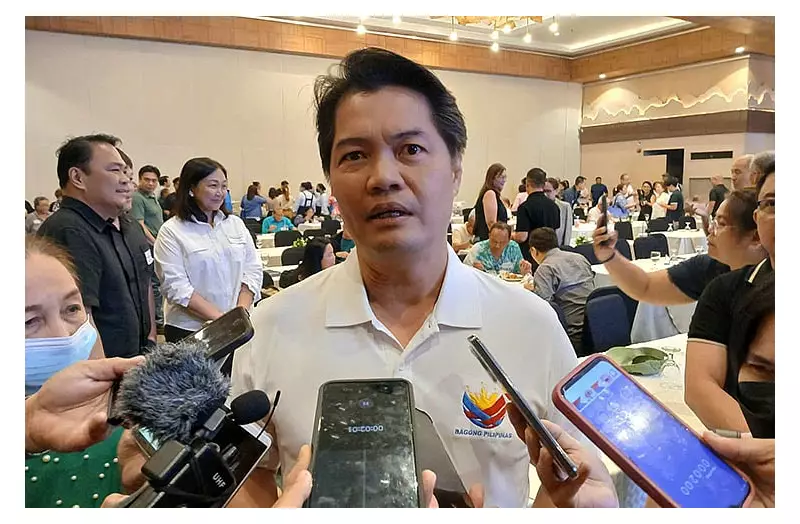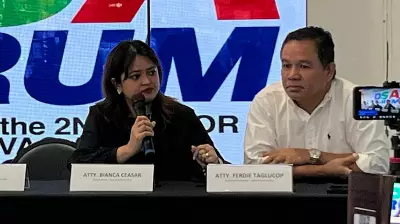
In a bold move to combat the rising tide of digital abuse, Negros Occidental Representative Francisco Benitez has introduced groundbreaking legislation that would criminalize online hate speech and cyber harassment in the Philippines.
Protecting Digital Citizens
The proposed House Bill No. 10692, officially titled the "Prohibition of Online Hate Speech and Harassment Act," aims to establish clear legal boundaries for digital behavior. The bill defines online hate speech as any content that attacks, threatens, or incites violence against individuals or groups based on protected characteristics including race, ethnicity, religion, gender, sexual orientation, and disability.
Stiff Penalties for Digital Abuse
Under the proposed legislation, offenders could face severe consequences:
- Imprisonment of 6 years and 1 day to 12 years for serious cases involving threats of violence or systematic harassment
- Fines ranging from ₱100,000 to ₱500,000 depending on the severity of the offense
- Additional civil liabilities for damages caused to victims
Addressing a Growing Digital Crisis
Representative Benitez emphasized the urgent need for the legislation, stating that current laws have failed to keep pace with evolving digital threats. "The anonymity of the internet has emboldened many to spread hate and harassment without fear of consequences," the congressman noted in his explanatory note.
The bill specifically targets behaviors that create hostile online environments, including:
- Organized harassment campaigns
- Doxing (publishing private personal information)
- Hate-based trolling and coordinated attacks
- Digital threats with real-world implications
Balancing Free Speech and Protection
While acknowledging freedom of expression concerns, the legislation includes safeguards to prevent misuse. The bill distinguishes between protected political speech and malicious harassment, requiring proof of intent to harm or incite violence.
Legal experts are already praising the measure as a crucial step toward creating safer digital spaces for Filipino netizens, particularly vulnerable groups who disproportionately bear the brunt of online abuse.
The bill has been referred to the House Committee on Information and Communications Technology for further review and public consultation, marking a significant milestone in the Philippines' digital rights landscape.





